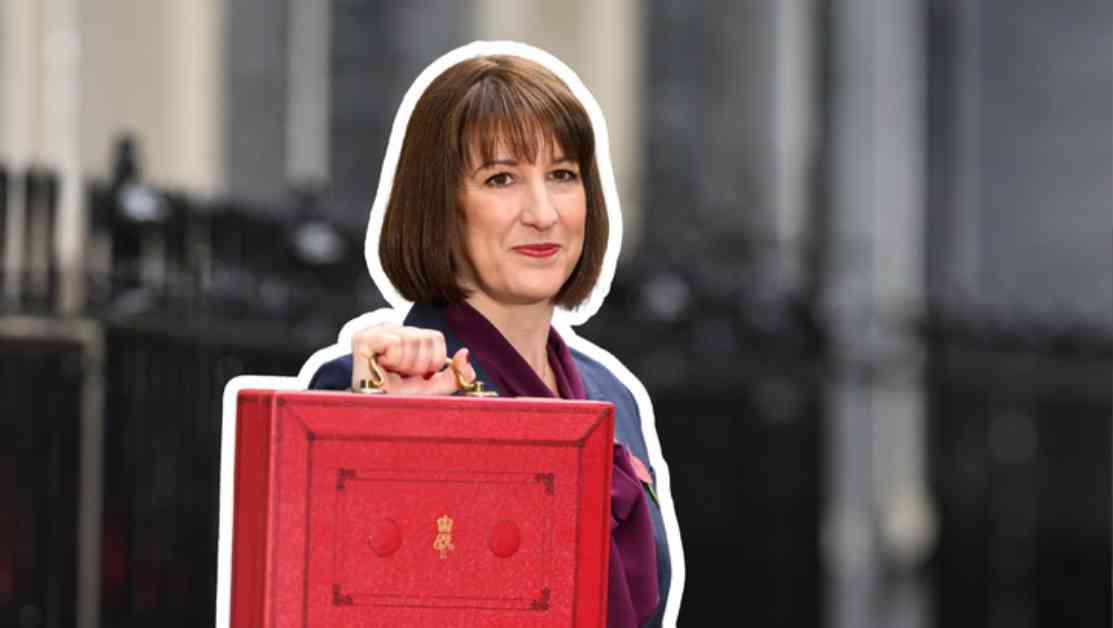Rachel Reeves, a prominent figure in the Labour party, has acknowledged that the tax increase on employers in the Autumn Budget could potentially affect workers’ pay. In an interview on BBC Radio 4, Reeves discussed the impact of the budget on wage growth, highlighting the challenging financial situation the government faced with a £22 billion deficit.
Reeves emphasized that the decision to increase national insurance on employers was made to address the significant gap in public finances, stating that she did not want to burden working people with additional taxes such as income tax, VAT, or employee national insurance. However, this move has raised concerns about the potential consequences for workers’ paychecks.
While the government’s priority was to address the budget deficit, the implications of the tax increase on employers could have a ripple effect on workers’ earnings. With the cost of employing workers potentially rising for businesses, there is a possibility that companies may look for ways to offset these additional expenses, which could impact workers through reduced wage growth or even job losses.
It is essential to consider the broader implications of tax policies on both employers and workers. While addressing the budget deficit is crucial for the government’s financial stability, it is equally important to ensure that working people are not disproportionately impacted by such measures. Finding a balance between fiscal responsibility and supporting workers’ financial well-being is key in navigating the complexities of economic policy decisions.
As discussions around the Autumn Budget continue, it is essential for policymakers to consider the real-life implications of their decisions on workers across various industries. Ensuring that workers are not unduly burdened by tax policies is crucial for promoting economic growth and stability while safeguarding the financial security of individuals and families.
In conclusion, the analysis provided by Rachel Reeves sheds light on the potential impact of the Autumn Budget on workers’ pay. While addressing the budget deficit is a pressing concern, it is essential to consider the broader implications of tax policies on workers and ensure that measures taken do not unduly burden working people. By carefully balancing fiscal responsibility with supporting workers’ financial well-being, policymakers can navigate the complexities of economic policy decisions effectively.












